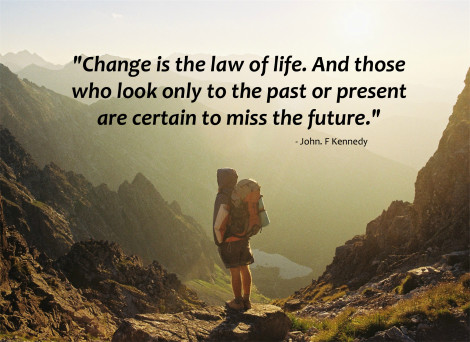
It seems that there are countless social media platforms: Facebook, Instagram, Pinterest, Twitter, Snapchat, YouTube and LinkedIn, just to name a few.
One common feature of all of these platforms is that they all enable online sharing – the sharing of thoughts, ideas, photographs, videos and handiworks. So what is intellectual property (IP) law and just how do we protect our ideas or expressions of ideas when we engage in online sharing? How do our IP laws work and what IP rights are we giving up when we use these social media platforms?
Copyright in Australia
In Australia, the expression of certain types of works will be automatically protected by copyright without the need for any formal registration. These works include literary, dramatic, musical or artistic works. Notably, a photograph is protected by copyright as a product of the art of photography, regardless of whether there is any real skill or artistic ability exercised by the person who takes the photograph. In simplest terms, this basically means that every photograph that is taken is automatically protected by copyright, and the author of that photograph has certain legal rights in relation to its use.
So what rights do we give up when sharing a photo via social media?
The answer depends on the terms of use that a user agrees to when he or she signs up to the relevant platform. However, given the sheer number of social media platforms and their prolific use, it is possible that many users are inadvertently altering or disposing of their legal rights. Also, when clicking ‘I agree’ to use the platform, how many of us actually read the terms and conditions, so we really know what we are agreeing to?
What else are we giving away?
In addition to the possible inadvertent surrender of one’s copyright, the use of social media also allows for thoughts, ideas and expressions to be disseminated across the globe, and there are obvious issues when it comes to the protection and enforceability of one’s legal rights when a breach has occurred in another jurisdiction. If, for example, a person writes an article and shares it on LinkedIn, and that article is shared with hundreds of online users, what rights would the author have if, say, a university student in another country plagiarised their article? How would the author go about enforcing those rights? Would it be worth the time and effort involved in navigating the IP laws and legal systems of the other country?
These are just two examples of the difficulties that exist in relation to intellectual property and social media. The issues become more significant when a person has intended to earn a livelihood from their works – for example, unsigned musical artists and amateur filmmakers.
At the very least, it seems that the existence of issues such as these highlights the need for more education in the IP space. We should all know what rights we have in our work so we can decide what to do with them.
Learn legal literacy in a free to join online course
Learn more about intellectual property law and become legally literate by joining Monash University’s Law for Non-Lawyers: Introduction to law for an accessible introduction to the common law system.
This free to join online course is designed for anyone with an interest in law. Whether out of professional or personal interest in the legal environment in which you live, work and play, this course is for you.
Join the course, Law for Non-Lawyers, today.
Learn more about Monash’s suite of online courses developed with education partner FutureLearn.
 Agree? Get informed about legal change that impacts you with our newsletter. You'll automatically receive fresh content each time we publish.
Agree? Get informed about legal change that impacts you with our newsletter. You'll automatically receive fresh content each time we publish.